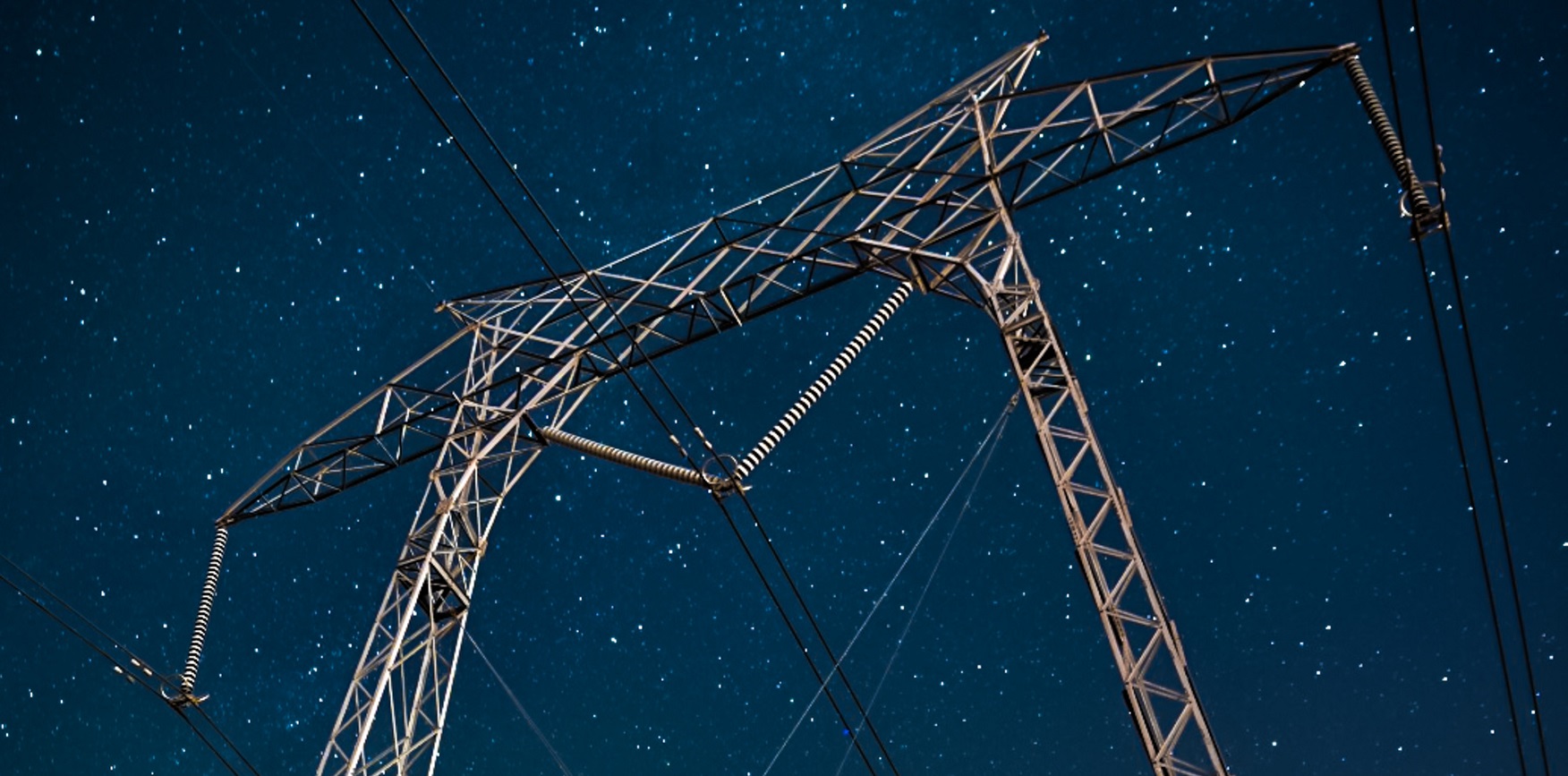The New EII Levy: What It Means for UK Energy Customers


The UK government has introduced a new charge on electricity suppliers called the Energy Intensive Industries (EII) Support Levy.
This charge is payable from 1st April 2025.
The levy has been introduced to fund the Network Charging Compensation Scheme (NCC), which is part of a broader initiative called the British Industry Supercharger (BIS) introduced in February 2023. It is designed to raise money to help big industries like steel, glass, chemicals, and paper — businesses that use a large amount of electricity. These companies often face higher energy costs in the UK than abroad, which makes it harder for them to stay competitive, especially when competing in the international markets.
The scheme allows eligible Energy Intensive Industries (EIIs) to claim a 60% discount on their network charging costs, namely Distribution charges (DUoS), Transmission charges (TNUoS) and Balancing services charges(BSUoS). The money for this refund comes from the EII Levy, which is collected from electricity suppliers.
Because the levy is funded by the non-EEI end users, suppliers will be passing this on to households and other businesses through their energy bill.
The idea is to make sure key industries can keep operating here in the UK, rather than moving production overseas where electricity is cheaper, but often dirtier. In other words, it’s meant to help the UK EIIs to maintain their competitiveness in the global market and reduce the risk of higher global carbon emissions.